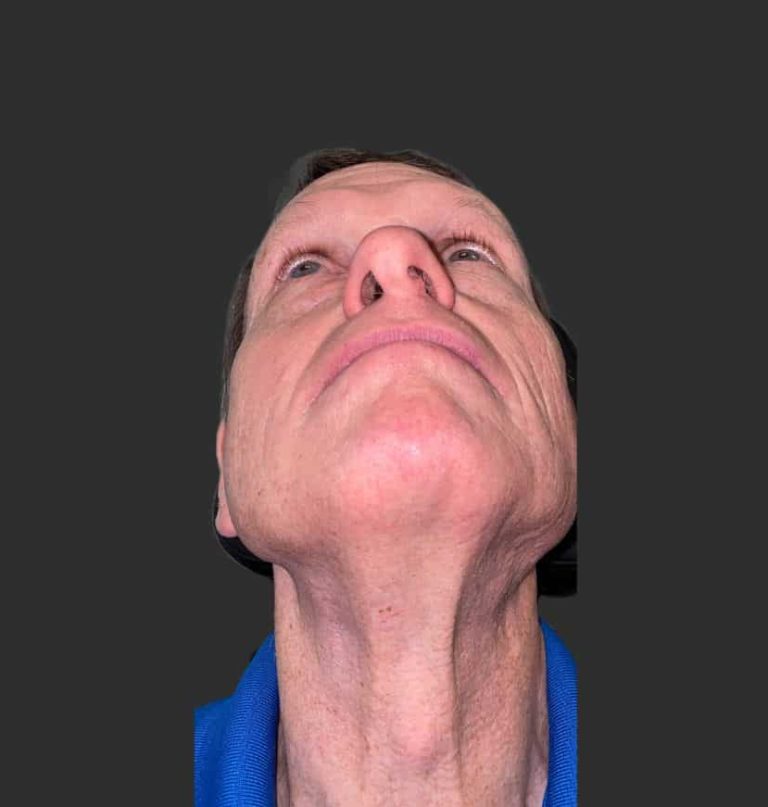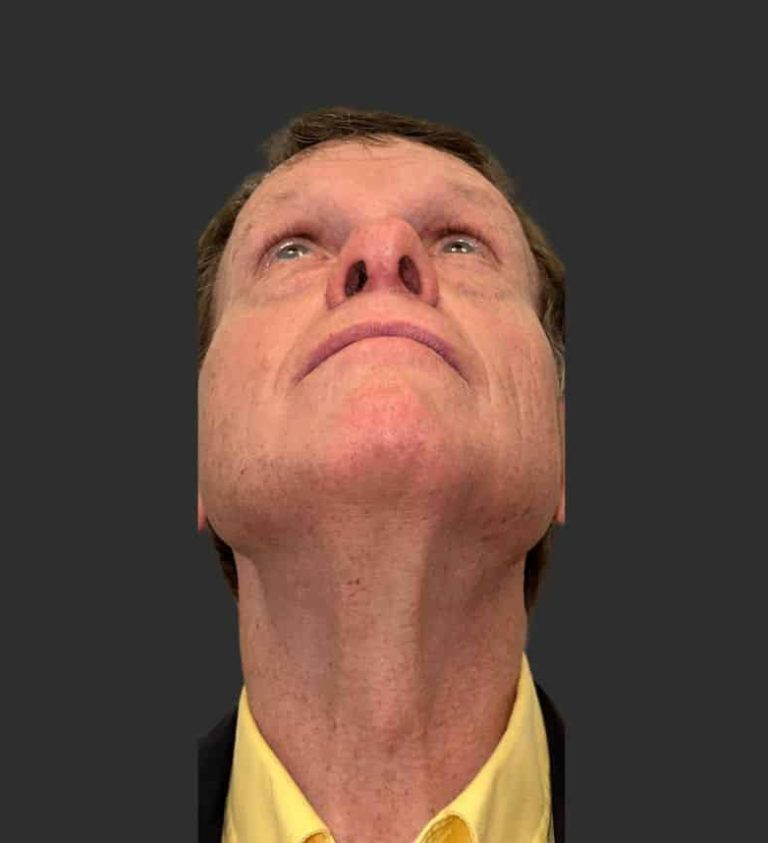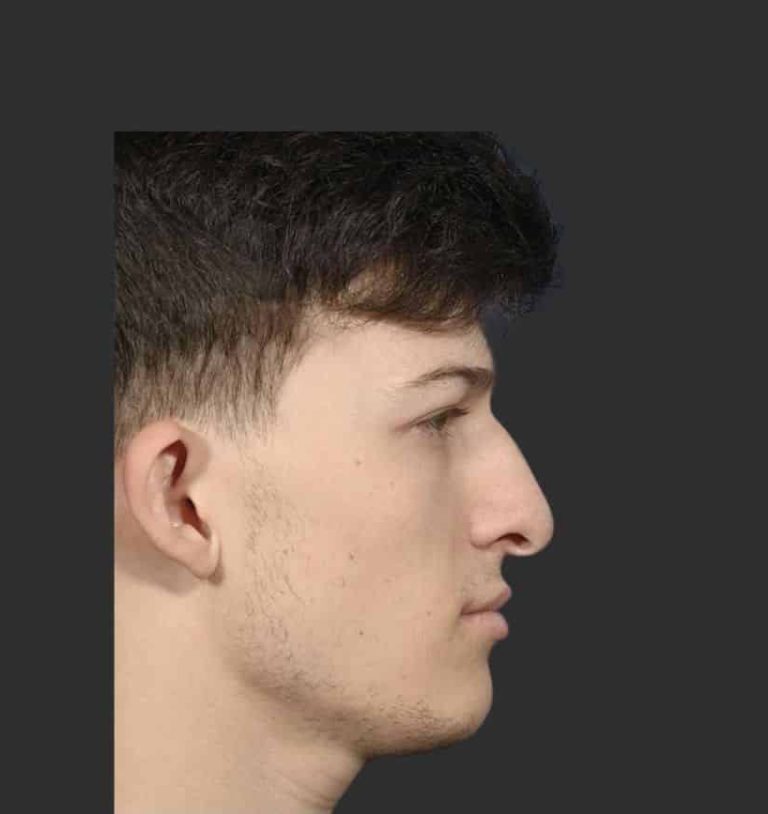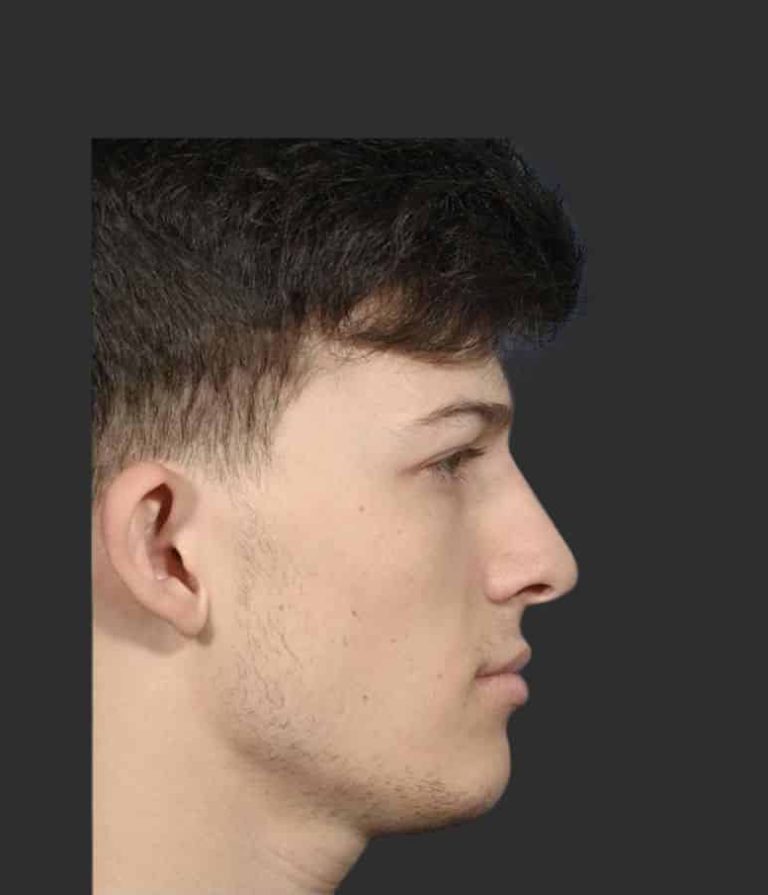Open nasal passageways for breathing are necessary for normal sleep, exercise, and quality of daily life. Many functional breathing problems are congenital in nature. However, trauma-induced damage to nasal passages can result in anatomic breathing problems such as septal deviation, nasal valve collapse, and turbinate hypertrophy.
Non-anatomic problems can also cause breathing trouble, and allergic rhinitis is one of the most common. This is an especially common condition in Central Texas due to environmental factors including so-called “cedar fever,” a common allergic reaction to endemic plant pollen. Consultation with a TOC doctor allows for a complete nasal examination to explore anatomic and physiologic factors that may cause breathing troubles. Medical therapies may be used to treat allergy symptoms. If a patient is experiencing sinus drainage or sleep apnea issues, we may refer you to a qualified otolaryngologist specializing in these areas.
The TOC surgical team has extensive experience and directs national level teaching courses in functional nasal surgery techniques and rhinoplasty. We are committed to extraordinary results for every patient and dedicated to the uncompromising care required to achieve them. As our patient you or your loved one will receive evaluation and treatment by one of our skilled surgeons, each with advanced specialized credentials, who will provide you with the uncompromising care and extraordinary results we are known for.
Most procedures may be performed in an ambulatory surgery center setting. Outpatient (ambulatory) surgery helps to reduce hospital costs, personal expense, and length of stay for patients needing surgery. For those times when surgery is best performed at a hospital, TOC physicians have surgical privileges at various hospitals and many ambulatory surgery centers, in Austin, Georgetown, San Antonio, Midland & Fredericksburg.
Functional nasal surgery is typically performed under sedation and can be performed with other procedures such as tear drain bypass surgery and rhinoplasty. Nasal packs in the nose are generally not needed, but occasionally they are necessary and are removed after several days. If rhinoplasty surgery is performed, the cast and sutures at the base of the nose are removed at one week. Most patients are surprised to experience no severe pain after rhinoplasty and functional nasal surgery. Postoperative swelling can persist for weeks afterwards, but it is uncommon to experience significant bruising after functional nasal surgery.
We understand that any patient may feel anxious or apprehensive about treatment. Our goal is to help you or your loved one feel at ease. We engage each patient with sensitivity and respect for his or her individual needs.
Risks of surgery include infection, asymmetry, and imperfect repair of breathing. Occasionally, a revision procedure is required to optimize results.
If you would like more information about functional nasal surgery or rhinoplasty, please don’t hesitate to request complimentary information from TOC by email at info@tocaustin.com. You may also schedule a private consultation with a TOC physician.



